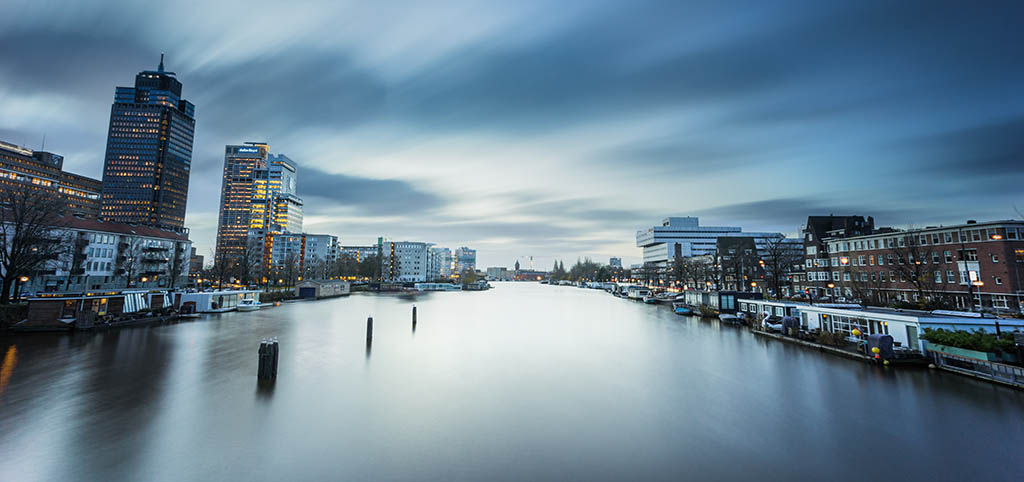Review of 35 Studies Concludes that Blue Spaces Are Beneficial for Human Health and Well-Being
Exposure to lakes, rivers and the sea found to have a positive impact on mental health and to promote physical activity
21.09.2017
Does exposure to blue spaces, such as lakes, springs, rivers and seas, benefit our health? A team from the Barcelona Institute for Global Health (ISGlobal), a research centre supported by the ”la Caixa” Foundation, has undertaken the first international review of quantitative studies—35 in total—on the health effects of blue space. Their findings show that contact with blue space is beneficial, particularly for mental health and well-being but also in terms of promoting physical exercise.
The evidence analysed in the course of this review of the 35 scientific studies identified in the literature, which has been published in the International Journal of Hygiene and Environmental Health, indicates that people living close to blue spaces report higher levels of physical activity. The evidence also suggests that interaction with blue space has a positive effect on mental health, particularly in terms of stress reduction and perceived well-being.
The evidence supporting an association between exposure to blue space and positive impacts on general health, obesity and cardiovascular health was weaker. The principal limitations in those cases are the relative paucity of studies and the lack of consistent results. Most of the studies reviewed—all but four–were carried out in high-income countries and most of them focused on exposure to blue spaces located close to the participants’ homes.
Mireia Gascon, an ISGlobal researcher and the first author of the study, explains that “the health effects of blue space is an emerging topic of study as most of the work has been done in the last five years”. In her opinion “these findings suggest that outdoor blue spaces have potential benefits for health, particularly in terms of mental health, general well-being and physical activity.”
Mark Nieuwenhuijsen, the study coordinator and director of ISGlobal’s Urban Planning, Environment and Health Initiative, views the results as encouraging but stresses that “more work is needed because there have been relatively few studies to date and a high degree of heterogeneity in the research methodologies used”. Despite these limitations, he considers that the evidence supports “the enhancement and recovery of outdoor blue spaces in the urban environment as an interesting strategy for improving the health and well-being of the population".
ISGlobal is taking part in BlueHealth, a European Union programme set up in 2016 to study the relationship between blue space and human health. The institute is currently carrying out three studies within the framework of this programme: assessing physical activity levels before and after an intervention designed to improve access to the Besós River (Montcada i Reixac); the WOW study with the participation of office workers in Barcelona; and the restoration of the Can Moritz spring in the town of Rubí near Barcelona.
Reference
Gascon, M.; Zijlema, W.; Vert, C.; White, M.P.; Nieuwenhuijsen, M.J. Outdoor blue spaces, human health and well-being: A systematic review of quantitative studies. International Journal of Hygiene and Environmental Health 2017.



